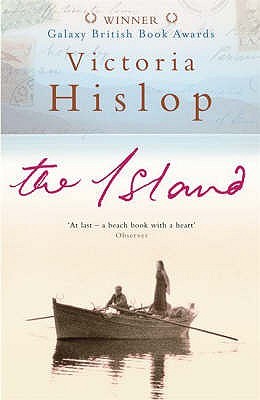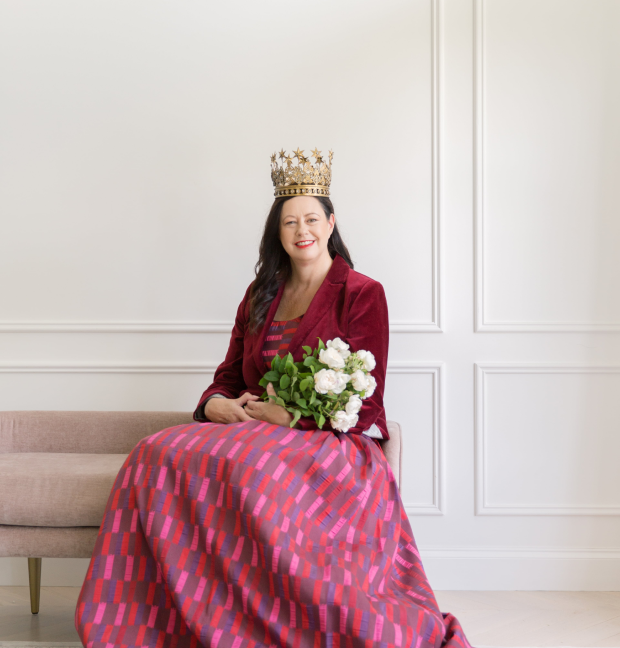
The Blurb:
On the brink of a life-changing decision, Alexis Fielding longs to find out about her mother's past. But Sofia has never spoken of it. All she admits to is growing up in a small Cretan village before moving to London. When Alexis decides to visit Crete, however, Sofia gives her daughter a letter to take to an old friend, and promises that through her she will learn more.
Arriving in Plaka, Alexis is astonished to see that it lies a stone's throw from the tiny, deserted island of Spinalonga - Greece's former leper colony. Then she finds Fotini, and at last hears the story that Sofia has buried all her life: the tale of her great-grandmother Eleni and her daughters and a family rent by tragedy, war and passion. She discovers how intimately she is connected with the island, and how secrecy holds them all in its powerful grip...
My Thoughts:
Published in 2005, and selling in the millions, The Island is set on the Greek island of Crete in the ‘40s and 50s, with a modern-day frame story. The British author, Victoria Hislop, had one of those dream runs that other authors try not to be jealous of – The Island was chosen for the Richard & Judy Book Club, spent weeks on the bestseller lists, and has been turned into a TV series.
I bought it because I am also writing a novel set in 1940s and contemporary Crete, and I was curious to see how she did it (both the telling of the story and the selling in the millions).
The book begins with Alexis, a modern British woman whose mother Sofia was Cretan. Her mother never speaks about her past, and so when Alexis goes to Crete on holiday she thinks she might try and find out a little about her mother’s life while she is there. Most of the book then concentrates on the lives of Alexis’s great-grandmother Eleni - who in 1939 is diagnosed with leprosy and sent to the isolated leper colony at Spinalonga - and that of the two daughters she is forced to leave behind.
The eldest girl, Anna, is selfish to an astonishing degree. Her younger sister Maria is her exact opposite, being warm-hearted, hard-working, and self-sacrificing. As their lives unspool, the contast between the two sisters is heightened. Anna marries well, and has all the riches she ever wished for, but is unfaithful and uncaring. Maria, however, finds she has contracted leprosy herself, just days before her own wedding. She too must leave everything behind and go to Spinalonga, where her own mother had lived until her death from the disease many years before.
It’s a fascinating premise, and Victoria Hislop brings it all vividly to life. Particularly interesting are the scenes set in the leper colony. The book is very plainly and directly told, which means it was an easy read, but I did not feel deeply invested in many of the characters. The book also takes place over many years, in the tradition of family sagas. The whole occupation by the Germans – my key area of interest – is covered in what seemed like just a few pages. So I found that swiftness of pace – years covered in a few paragraphs – a little disconcerting too.
However, the story itself is so powerful and the Cretan setting so vivid and alive that these are small quibbles, easily forgiven.
You might also like to read my review of Beyond the Orchard by Anna Romer:
https://kateforsyth.com.au/what-katie-read/vintage-book-review-2

